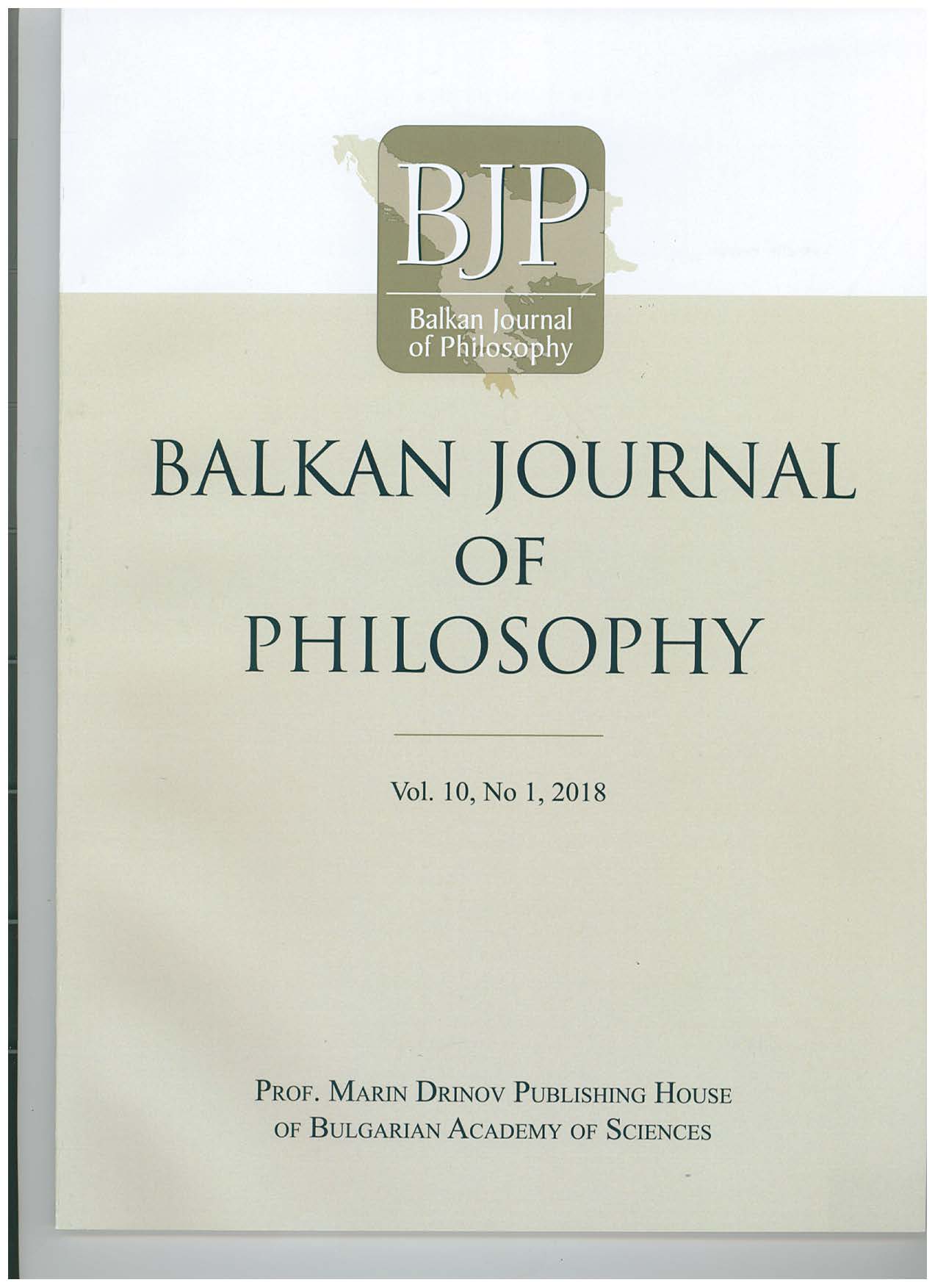An Essay on the Mind-Brain Problem and Legal Proof
An Essay on the Mind-Brain Problem and Legal Proof
Author(s): Drozdstoy St. StoyanovSubject(s): Philosophy, Social Sciences, Law, Constitution, Jurisprudence, Psychology, Special Branches of Philosophy, Philosophy of Mind, Neuropsychology
Published by: Институт по философия и социология при БАН
Keywords: neuroscience; neuroimaging; data translation; supervenience
Summary/Abstract: The aim of this paper is to highlight the rationale behind the use of data from neuroscience, particularly neuroimaging, in psychiatric legal expert procedures and their interference with the mind-brain problem. The critical argument is that the employment of mental health evaluation of the defendants and/or witnesses as collected with clinical assessment methods in court proceedings should not be considered irrespective to the data from neuroscience. Essentially, neuroscience methods belong to the domain of nomothetic (natural explanatory) knowledge, whereas clinical evaluation methods in psychiatry belong to the domain of intra- and inter-subjective narratives. There exists an explanatory gap between those two groups of disciplines which concerns the ability to translate and integrate data across diverse methodological and terminological systems. Furthermore, it depends largely on the implicit positions in the mind-brain debate and the brain-to-behavior connections, which reflect on the professional and legal reasoning in terms of prioritizing certain solutions or approaches over another in the expert judgements. There are described those tacit positions adopted in the mind-brain debate by different traditions in psychiatry, with special emphasis on reductive and non-reductive forms of physicalism. In conclusion, a cognitive pluralist stance is adopted which sets priority for the supervenience theory of mind.
Journal: Balkan Journal of Philosophy
- Issue Year: X/2018
- Issue No: 1
- Page Range: 27-36
- Page Count: 10
- Language: English
- Content File-PDF

